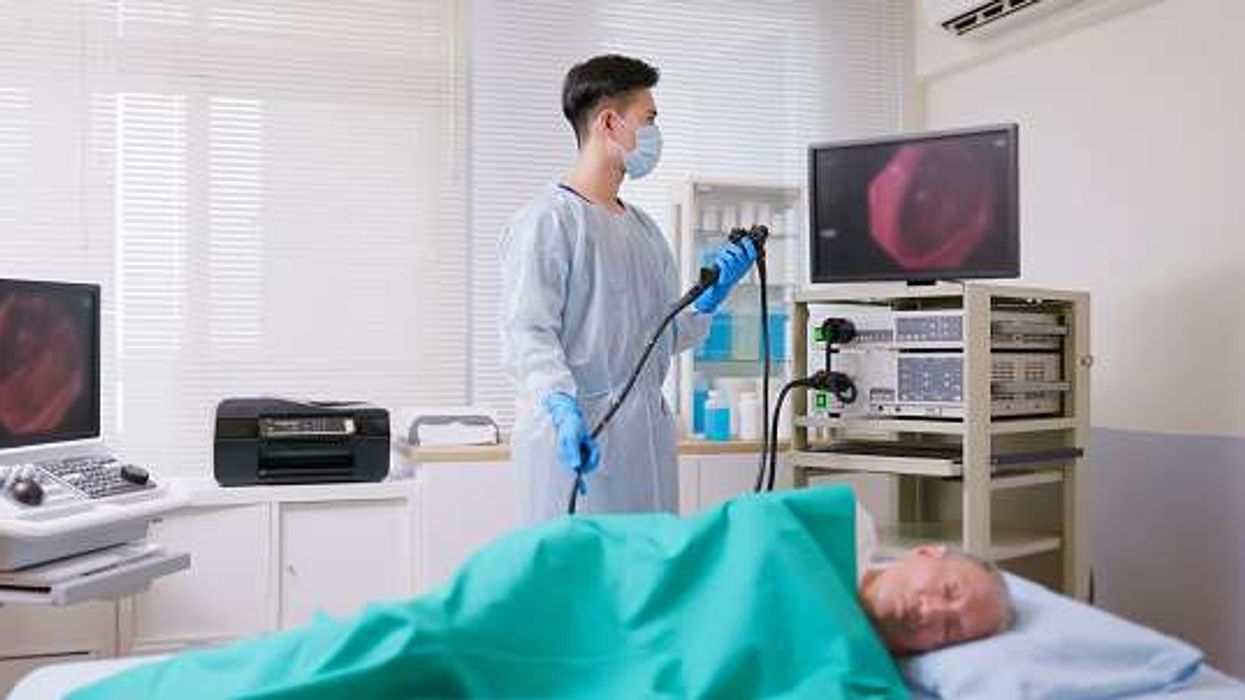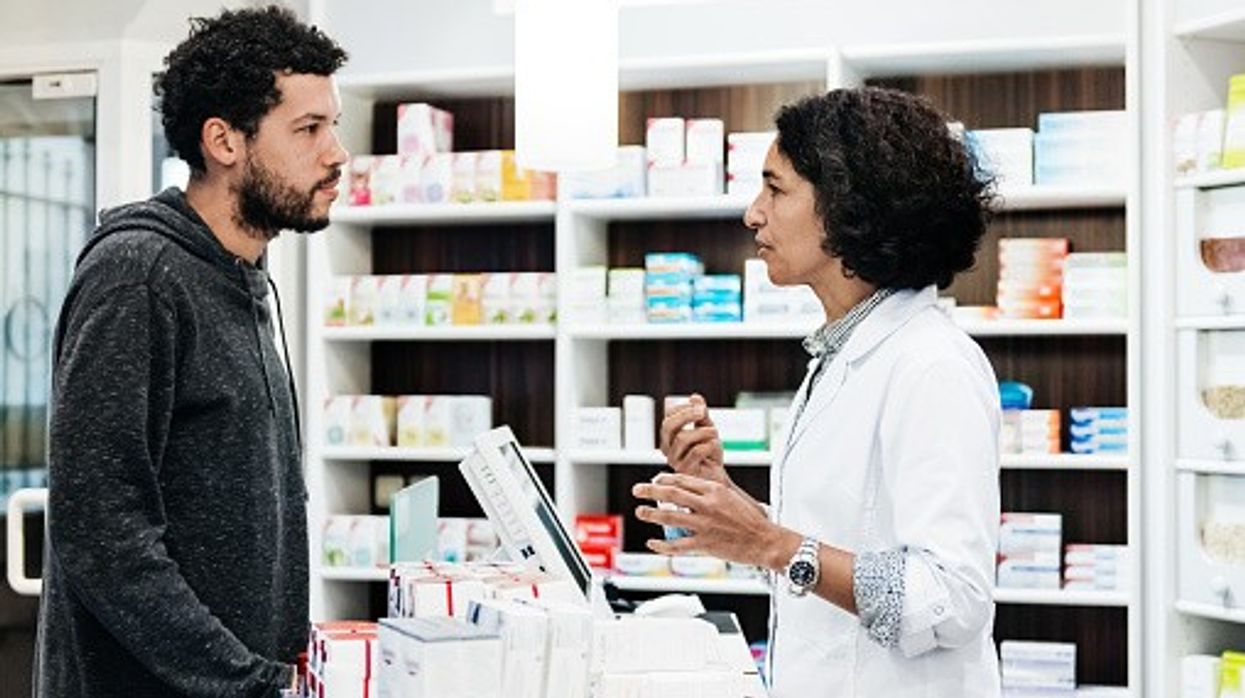By Andrew Petrou
The immune response to viral infection comprises innate and adaptive defences.
The innate immune system is the ‘ready now’ system and is able to respond quickly to infection.
The adaptive immune system is slower to respond unless it has encountered that particular invader previously (in which case a key response is antibody production).
Most viral infections are controlled by the innate immune system. It is vital then, that the body has and is able to mobilise key energy resources to initiate this innate response.
In brief, antioxidants are nutrients such as vitamins and minerals that protect and repair cells from damage caused by ‘free radicals’.
Free radicals are generated by factors such as pollution, processed foods, alcohol, UV light, smoking and air pollutants.
This combined with fatigue and stress (both physical and emotional) puts extra strain on the body’s defences and its ability to properly mobilise energy resources for the innate immune system to respond effectively.
Many experts believe fighting ‘free radical’ damage is essential to help prevent chronic diseases and to help boost the immune system.
During the functioning of the immune system reactive oxygen (ROS) and nitrogen species are created.
Immune cells contain naturally high levels of antioxidant vitamins due to their high polyunsaturated fatty acids content and are sensitive to external ROS.
Ironically, immune cells themselves use ROS in order to keep up their functions and therefore need adequate levels of antioxidant defences to avoid the harmful effect of an excessive production of ROS.
Antioxidants are almost exclusively associated with fruit and vegetables. For instance, they can be found in foods rich in beta-carotene, vitamin C and vitamin E such as apricots, carrots, berries (darker variety in particular), broccoli and peppers.
The minerals zinc (found in nuts, oysters, red meat etc.) and selenium (found in brazil nuts, beef etc.) are also good antioxidant sources.
Additionally, we can increase our own levels of antioxidants depending on our dietary antioxidant profile. An example of this is glutathione, known as the master antioxidant.
Keeping your immune system strong is important throughout the year as it plays a significant role in our everyday lives.
However, there will be occasions where your body needs you to take action for a more preventative approach, especially when you know you will be exposed to environmental risk factors that could affect your immune health such as winter cold and flu exposure, air-conditioned buildings, commuting on public transport and travelling in busy public areas (especially air-travel).
Advice for travelling
As we can infer from the above, a good, balanced diet high in antioxidants forms the basis from which our body can derive energy to mobilise its immune defences. In addition to this, here are some tips which can help minimise the risk of infection and avoid any unnecessary compromise of our immune system:
Take your vitamins: An antioxidant multi-vitamin can be taken a few weeks or even months before travelling. While most high potency multi-vitamins do contain common antioxidants (vitamin C, E, beta-carotene) taking a specific antioxidant supplement may or will contain advanced antioxidants such as glutathione, alpha-lipoic acid or reservatrol.
Look out for lesser-known ingredients but with evidence-based clinical studies that provide immune benefits: Ingredients such as black elderberry (sambucus nigra. L) have been used for centuries as a natural remedy due to its immune-supporting and antioxidant properties. Often taken as a supplement, the inherent properties of the black elderberry (when preserved during manufacturing), have been clinically proven to create low-level stimulation of cytokines. Cytokines are one of the many, key components of the innate immune system and this helps with the initial, low-level immune response. Furthermore, (especially for air-travel), if you do happen to pick up a common cold, robust studies around black elderberry have been shown to stop cold viruses replicating so you recover faster in 2-3 days.
Hydrate: Adequate fluids are vital for staying healthy and ensuring the body functions normally. Good hydration improves mood, energy levels, hormone balance, skin condition, immunity, digestion and cardiovascular function. Even mild dehydration can cause symptoms such as headaches, fatigue and reduced physical and mental performance.
To help maintain hydration: Drink at least six to eight glasses of still water (or herbal teas) a day. Air-travel can contribute to dehydration so staying hydrated before, during and after a flight is important to avoid air-travel related nausea, fatigue and headaches. Add refreshing lemon, lime, orange or other fruits to flavour water and make it more appealing to drink. It’s also wise to limit alcohol, which will further dehydrate you at altitude.
Take a good probiotic: it is now recognised that up to 80 per cent of our immune defences resides or is closely related to our gut function. Look for a fridge free supplement so you can keep it with you on your travels with at least one or all of these probiotic strains: lactobacillus rhamnosus, lactobacillus acidophilus and saccharomyces boulardii.
Keep your hands clean: Public transport can be a breeding ground for germs (from tray tables to arm-rests, cutlery to blankets) and with your hands being the most consistent point of first contact with germs on aeroplanes and trains it’s important to keep them clean. Always carry an anti-bacterial gel which contains 60-80 per cent alcohol, try to avoid shaking hands and keep your distance from commuters who have flu-like symptoms. Scientists have report that cold and flu viruses can survive on surfaces for up to 72 hours!
Andrew Petrou is a registered Dietary Counsellor and Training Manager at PharmaCare Europe
This article also appears in the March issue of Pharmacy Business.











